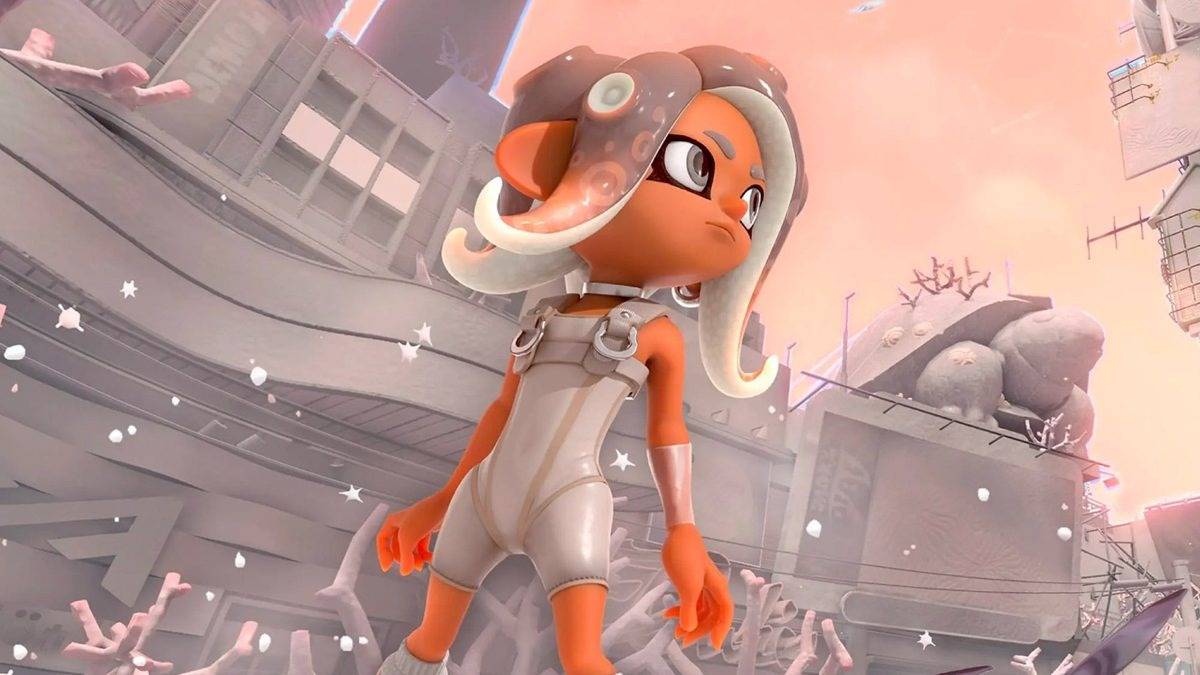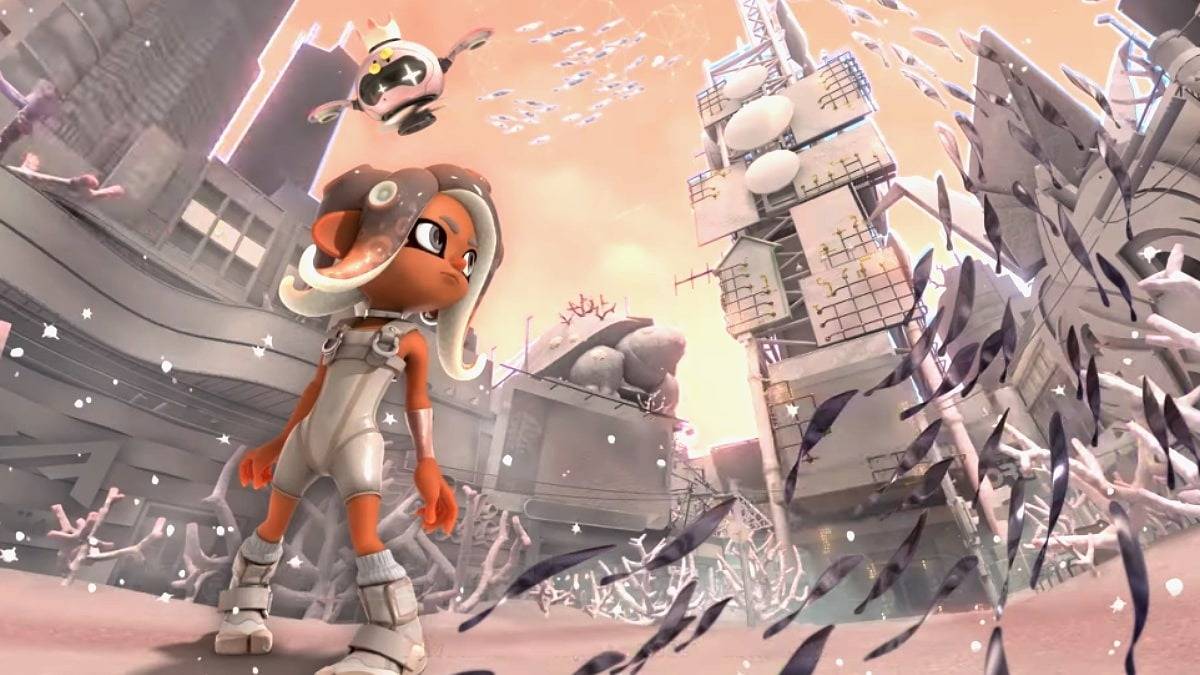‘No Real Need’: Nintendo Veteran Says New IP is Not a Priority
Popular Now
 Stumble Guys
Stumble Guys
 Garena Free Fire: Kalahari
Garena Free Fire: Kalahari
 Among Us
Among Us
 Grand Theft Auto V
Grand Theft Auto V
 God of War Ragnarök
God of War Ragnarök
 Free Fire Max
Free Fire Max
 Fortnite
Fortnite
 Call of Duty
Call of Duty
 Auto X Drift Racing 3
Auto X Drift Racing 3
 Fall Guys
Fall Guys 
In a candid interview that has reignited a long-standing debate, a veteran Nintendo developer has revealed a key part of the company’s creative philosophy, stating that the iconic Japanese publisher “doesn’t really need” to create new franchises. According to Ken Watanabe, a programmer who worked on major titles like Super Mario Bros. Wii, Pikmin 3, and the successful new IP Splatoon, Nintendo’s strategy is to prioritize fresh gameplay mechanics and then find an existing, beloved franchise to fit those ideas. This approach, he says, is why new intellectual property (IP) is a rarity, and it’s a major reason why Nintendo continues to rely on its stable of legendary characters.
Watanabe’s comments, which came in a recent interview with Bloomberg, shed new light on a strategy that has often been criticized as being overly conservative. For years, Nintendo has been accused of “playing it safe” by leaning on its established franchises like Mario, Zelda, and Pokémon. However, Watanabe argues that this isn’t a lack of creativity, but a deliberate and effective business model. With a vast catalog of characters and worlds, Nintendo can innovate on gameplay without the risk and expense of launching a new, unproven IP.
 The ‘Gameplay First’ Philosophy
The ‘Gameplay First’ Philosophy
At the heart of Watanabe’s argument is the idea that Nintendo’s creative process is fundamentally different from other game developers. While many studios start with a world or a character and then build gameplay around them, Nintendo starts with a core mechanic. A new way to play. The “skin” or “wrapper” is only decided upon after the core concept is solidified. This explains why a new racing game might not be a new IP, but an entry in the F-Zero series, or why a new, experimental shooter became Splatoon. Watanabe noted that Splatoon was a new IP because no existing franchise could fully capture its unique, ink-based gameplay. This proves that Nintendo is still willing to create new franchises when the game demands it, but it’s not the primary goal.
- A Wealth of IP: Nintendo’s extensive list of franchises is a major part of this strategy. With characters and worlds spanning nearly every genre—from platformers and RPGs to puzzle games and racers—the company has a deep bench of IP to draw from. This allows them to experiment with new ideas while still leveraging the powerful brand recognition that comes with names like Mario, Link, and Samus.
- The Risk of New IP: Launching a new franchise is a major financial risk. It requires a significant investment in marketing and is a gamble on whether the game will resonate with a new audience. Nintendo, with its history of both massive hits and commercial failures with new IPs, has learned that it can often achieve the same creative goals by simply reinventing an existing series.
- A Look at Recent Releases: This philosophy is evident in Nintendo’s recent releases. Games like The Legend of Zelda: Echoes of Wisdom, which puts Princess Zelda in the starring role, or Mario & Luigi: Brothership, which reinvents the classic RPG formula, are prime examples of this strategy. The company is taking its most beloved characters and placing them in new contexts to create fresh and engaging experiences.
The Community’s Mixed Reactions and the Future
The community’s response to Watanabe’s comments has been mixed. Some fans argue that this approach stifles innovation and leads to a lack of variety in Nintendo’s lineup. They point to the fact that the company’s last major, long-lasting new IP was Splatoon in 2015. However, others argue that Nintendo’s focus on gameplay over IP is what makes their games feel so consistently fresh and fun. They contend that the company’s willingness to experiment with mechanics is a more valuable form of creativity than simply creating new characters.
The debate over new IP versus existing franchises will likely continue for years to come. For now, however, it’s clear that Nintendo’s strategy is working. The company’s recent titles have been both critically and commercially successful, and the hype surrounding new releases remains at an all-time high. The message from the veteran developer is clear: as long as the gameplay is fun, it doesn’t really matter which character is on the box.







 The ‘Gameplay First’ Philosophy
The ‘Gameplay First’ Philosophy